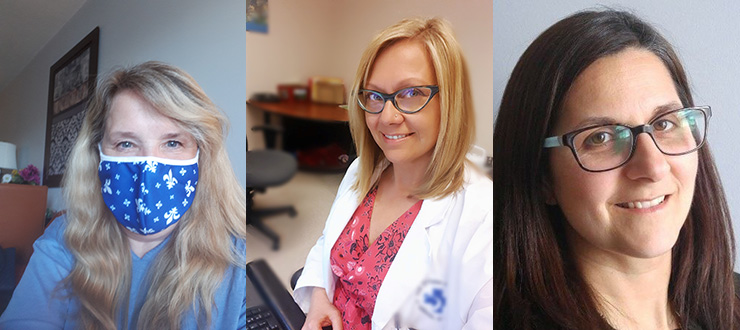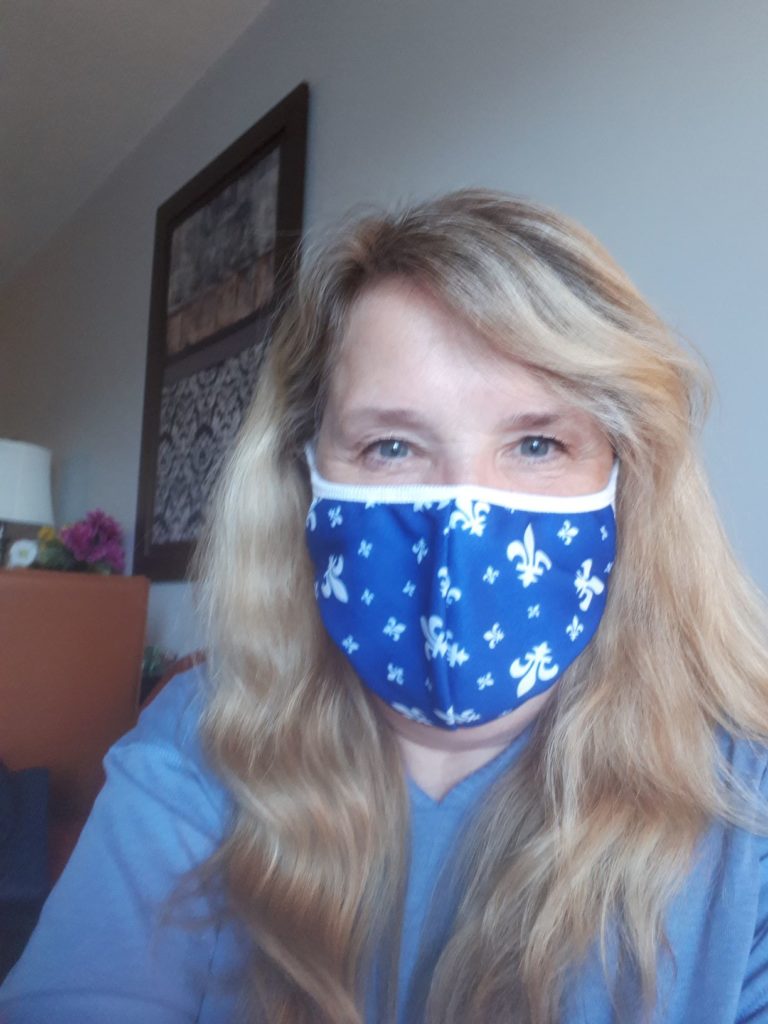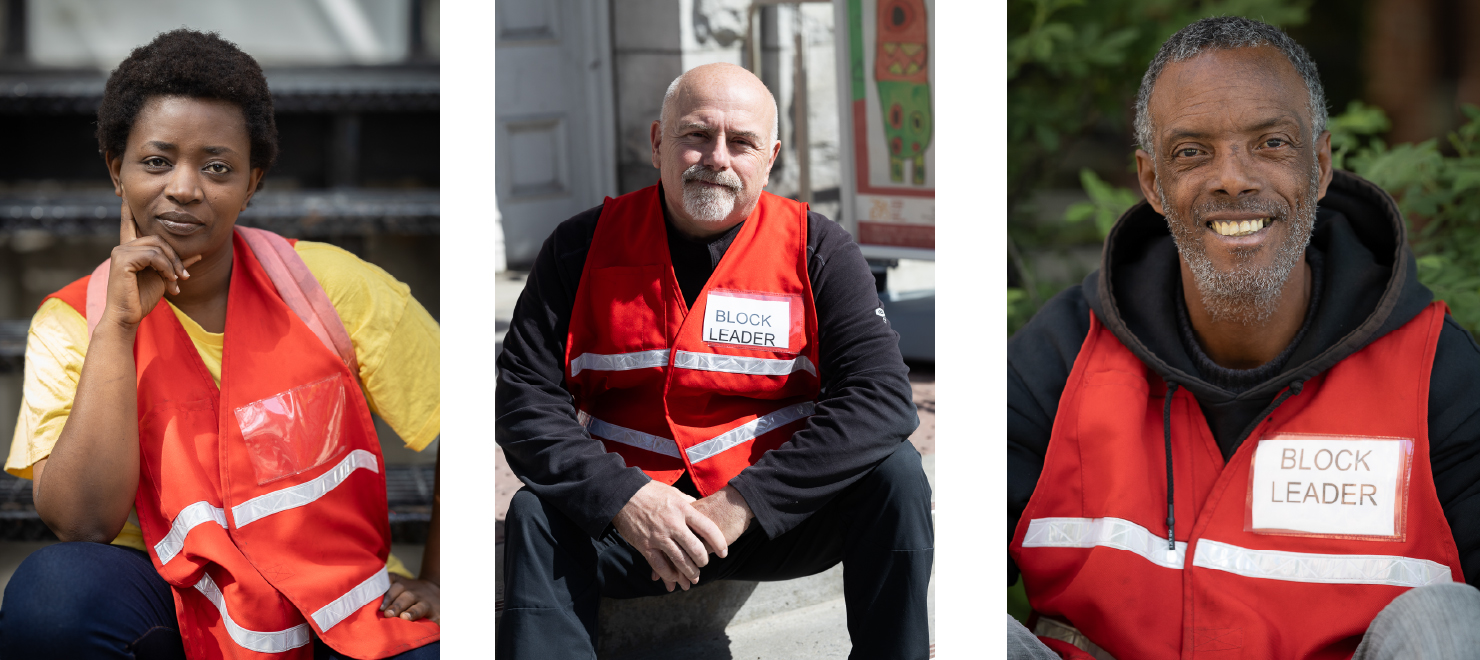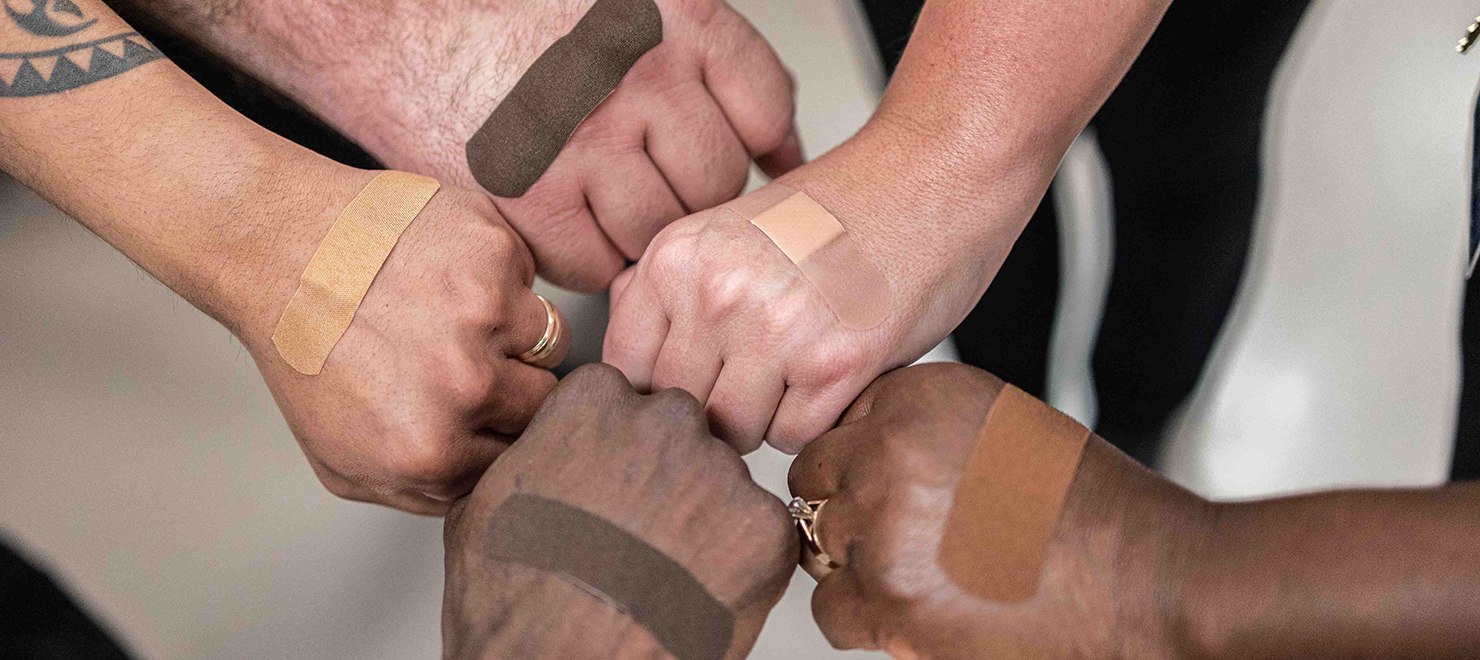
Provincial program brings critical support to long-term care
When a call went out for people to support Ontario long-term care homes as Resident Support Aides (RSAs), Judie Wheeland was quick to raise her hand.
Just before the COVID-19 pandemic began, Judie had left her job working as a manager of sales and HR to care for her aging parents full-time. After they both passed away in late 2020, Judie was ready to return to work but wanted a change of pace.

“I didn’t want to go back to the corporate culture that I was in,” said Judie. “I just couldn’t see myself doing that anymore… I wanted to support seniors, and being an RSA helped me understand what kind of work I wanted to do with seniors because it gave me a bird’s-eye view.”
RSAs support long-term care homes by performing non-care related duties. This includes helping with mealtime setup, helping residents use technology, participating in recreational activities and providing companionship during a time when many residents’ families are unable to visit.
As an RSA in St. Patrick’s long-term care home in Ottawa, Judie was dedicated to one resident and spent more than seven hours a day with her, five days a week.
“My day-to-day is really spending time with my resident, keeping her active and out of other people’s rooms. She has dementia, so my focus is on connecting with her, singing songs with her and trying to keep her calm and happy,” explained Judie. “It’s an important role because residents don’t have the same kind of connection that they would have had prior to the pandemic, whether it was with other residents, or with one of the support workers – everything’s different now.”
“A lot of the individuals who have become RSAs saw what happened in the first wave of the pandemic and wanted to help in whatever way, shape or form they could.”
Supporting long-term care homes with critical human resources

Judie, and many others like her, have been able to explore new career paths in health care and provide critical support to residents in long-term care homes as RSAs thanks to the Ontario Workforce Reserve for Senior Support (OWRSS) program.
The program, initiated by the Government of Ontario in November 2020, was designed to support long-term care homes experiencing staffing shortages that were exacerbated by the COVID-19 pandemic. The Ottawa Hospital joined the program as a partner agency and supports and oversees hiring, training and deploying RSAs to participating long-term care homes.
“As a partner agency, we take away the administrative burden from the homes so they can focus on care, while still getting the critical human resources they need,” said Andree Kaspardlov, a/Director of Workforce Agility and HR lead of the OWRSS program at The Ottawa Hospital. “The Ottawa Hospital joined as a partner because we saw the pandemic’s impact on long-term care homes first-hand, having deployed many of our own staff there to help during the first wave, and we knew this was a way we could continue to support them.”
Anyone over 18 can apply to become an RSA, but recruitment for the program is targeted towards students and those who have been displaced from their job during the pandemic. One of the goals is to help them re-enter the workforce and make a difference in the community.
“A lot of the individuals who have become RSAs saw what happened in the first wave of the pandemic and wanted to help in whatever way, shape or form they could,” said Andree.
“The program has been a great success in Ottawa because we’ve taken the time to understand what each home needs and tailor the RSA role to them.”
Sending RSAs where they’re needed most

After 15 hours of online training and The Ottawa Hospital’s corporate orientation, RSAs are ready to be deployed to long-term care homes throughout the city.
To make sure RSAs are deployed where they’re needed most, Marney Cooper, former geriatric nurse specialist and the clinical operations manager of the OWRSS program at The Ottawa Hospital, has in-depth discussions with the participating long-term care homes to learn about their specific needs.
“The program has been a great success in Ottawa because we’ve taken the time to understand what each home needs and tailor the RSA role to them,” said Marney.
As of May 2021, The Ottawa Hospital has hired more than 120 RSAs and recruited six long-term care homes to the program – with others being actively onboarded. Recently, the hospital reached a new milestone having deployed 75 RSA’s to long-term care homes.
The hospital is currently developing a plan to expand the program to rural communities in the Champlain region where smaller long-term care homes need extra support.
Feedback from participating long-term care homes has been overwhelmingly positive, said Marney.
“When I walked in, my resident jumped up and down. I knew that she was happy to see me and that made me very grateful to have had the opportunity to work with her.”
“The way staff in the homes explained it to me was, ‘It’s been a difficult year, and we’ve all been running at a pace that is just unbelievably too fast. Having the RSAs, who are so kind to the residents, gives us an opportunity to breathe and really do a great job,’” explained Marney.
“Now I have a purpose”
For two months, Judie saw first-hand the significant impact RSAs can have on residents in long-term care homes.
“When I walked in, my resident jumped up and down. I knew that she was happy to see me and that made me very grateful to have had the opportunity to work with her,” said Judie. “According to her family, she’s happier than she was before the pandemic.”
While Judie is no longer part of the program, being an RSA had a profound effect on her life.
“It was a good path, from dealing with the passing of both my parents during the pandemic to being able to see residents happy in these homes,” said Judie. “It helped with so many things that I was having issues with because I had a purpose.”
Expanding the impact of RSAs
With the program well underway, The Ottawa Hospital is now looking at ways to help RSAs have an even bigger impact on residents of long-term care homes throughout the region.
The Ottawa Hospital is now providing some RSAs with additional training to support residents who are living with cognitive impairments. Gentle persuasive approaches training teaches RSAs de-escalation techniques and other practical skills to assist this population.
RSAs with this training act as companions to residents who have just moved into a new home and are required to remain in isolation for 14 days, helping them transition to their new environment and routine.
If you would like more information about the RSA program at The Ottawa Hospital please contact LTCResidentSupportAide@toh.ca.

Support patient care and research at
The Ottawa Hospital
You might also like…
Black History Month: A time to honour, celebrate and listen
Four members of The Ottawa Hospital’s Black community reflect on what this important month means to them.
February is Black History Month
Five members of The Ottawa Hospital’s Black community reflect on what this month means to them, their heritage and the importance of building a truly equitable health care system.
The place to be: The Ottawa Hospital recognized as one of Canada’s most admired corporate cultures
The Ottawa Hospital (TOH) has been named one of Canada’s most admired corporate cultures. Guided by compassion and commitment to patient care, TOH has developed a workplace culture that inspires confidence and trust in our employees, patients and family members.
2SLGBTQIA+ care at The Ottawa Hospital: A helpful guide
The Ottawa Hospital offers an array of services and resources to help meet the specific care needs of the 2SLGBTQIA+ community — including a provincial-first gender-affirming surgery clinic, a 24/7 care program for survivors of sexual assault and intimate partner violence, and a specialty clinic for medically complex patients seeking help on their transition journeys.
“It’s about giving them hope and purpose”: Ottawa Inner City Health’s Block Leaders program marks one year serving the community
Seven days a week, Block Leaders head out into the ByWard Market to help fellow members of their community who are unhoused or use drugs. They provide support to people in distress, respond to overdoses and even clean their neighbourhood — all with the goal of creating a safer and healthier community for everyone.
We’ve got you covered: The Ottawa Hospital now offers bandages for a variety of skin tones
Whenever you’ve scraped your knee or had your blood drawn, odds are your bandage was the same colour every time. Peach has been the default hue for over a century — but no longer at The Ottawa Hospital.


 To reset, hold the Ctrl key, then press 0.
To reset, hold the Ctrl key, then press 0.





